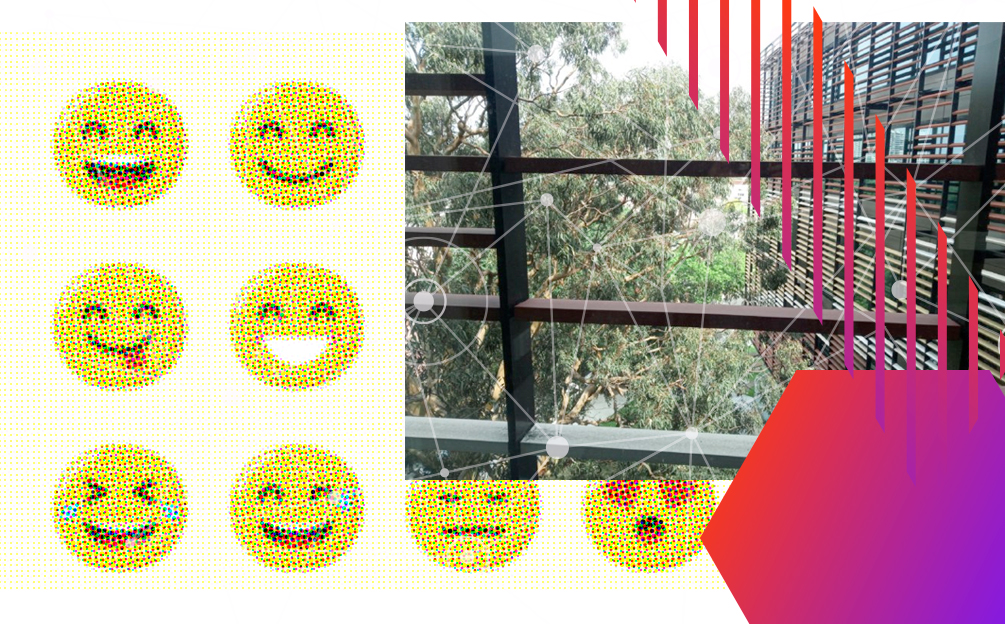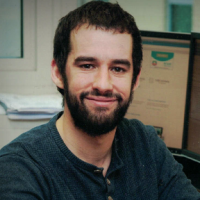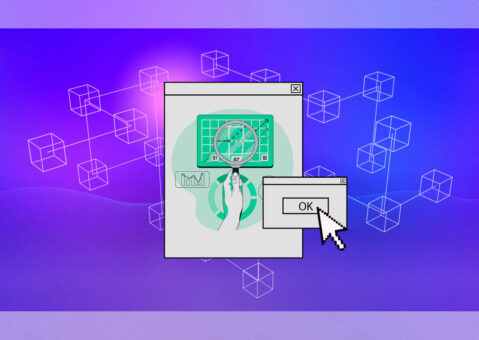
The social research team of P2P Models travelled to Australia!
Through a visiting researcher’s grant funded by the University of Sydney Business School, David Rozas (Universidad Complutense de Madrid) and Bernhard Resch (University of Sydney) were exploring related themes of technology, governance, power and culture in new digital work contexts during January, under the umbrella of a collaboration entitled “Organizing the commons”. This collaboration aimed to develop an interdisciplinary lens between Science and Technology Studies, Sociology and Organization Studies to theorize the findings from three case studies on crowdsourced subtitling (Amara), collective entrepreneurship (Enspiral) and Free/Libre Open Source Software (Drupal).
Third wave of commons theory
Overall, the goal is to improve our understanding of the diverse economic practices within these novels and digitally mediated organizational forms among peer-to-peer producers, commoners and social entrepreneurs. The researchers are exploring the notion of “affective commons” in these three case studies. They are drawing on the recent work “The affective commons of Co-working” by Julian Waters-Lynch and Cameron Duff, as well as the recently published book “Free, Fair and Alive. The insurgent power of the commons” by David Bollier and Silke Helfrich, advisors of the P2P Models projects. Waters-Lynch and Duff argue for a third wave of commons theory, by which we shift our focus to furthering our understanding of the pools of affective resources that result as an atmospheric product of the immaterial labour present in these communities.
“
The point is how digitally mediated work relations can strike a balance between reciprocal and transactional forms of value creation, which challenges the rampaging precariousness in the emerging gig economy.
On a practical level, the aim is to help practitioners to critically reflect on emotionally and affectively mediated power dynamics in their hybrid organizational contexts. Furthermore, in combination with our research on the affordances of blockchain for commons governance, future lines of investigation could employ the identified affordances as a set of analytical categories in this context. Bringing together these categories with “affective commons” could help us to co-design blockchain-based tools to facilitate cooperation and foster commoning practices which help to nurture them. For example, with regards to the need to acknowledge contributions towards the “affective commons” or the monitoring of its health.

The creation of economic practices for the common good
The undergoing study aims to contribute to establishing productive and regenerative organizing processes in these still highly experimental and emergent work contexts by comparing three case studies that differ in the size, type and degree of frequency in the organization of communitarian events.
Resch and Rozas both highlight that collaborative organizational designs can create diverse economic practices for the common good. They ask how digitally mediated work relations in co-working spaces, crowdsourcing platforms, and peer-to-peer production can strike a balance between reciprocal and transactional forms of value creation, which challenges the rampaging precariousness in the emerging gig economy.
The first result of the collaboration was an extended abstract entitled “Maintaining an affective commons through events: a practice-based study of three collaborative communities”. The abstract was submitted and accepted this week for the 12th International Process Symposium: “Organizing beyond organizations for the common good: Addressing societal issues through process studies“. The researchers will present an undergoing conference article in June and, integrating the feedback from other participants in the symposium, aim to submit it to a journal afterwards.
Besides, as part of this collaboration with the University of Sydney, David was presenting the P2P Models project and the preliminary results from the social research side in a seminar organized at the University of Sydney Business School during the last week of this collaboration on 23rd January 2020. You can find the slides of this presentation here.
AUTHOR

[icon name=”twitter” class=”” unprefixed_class=””] David Rozas
Geek Sociologist




